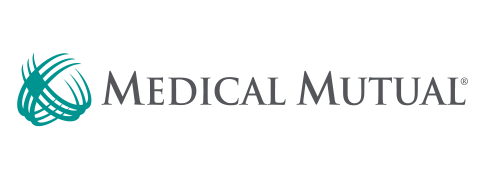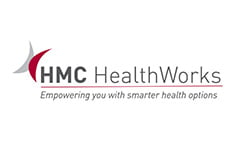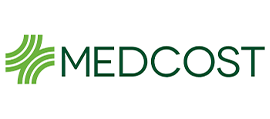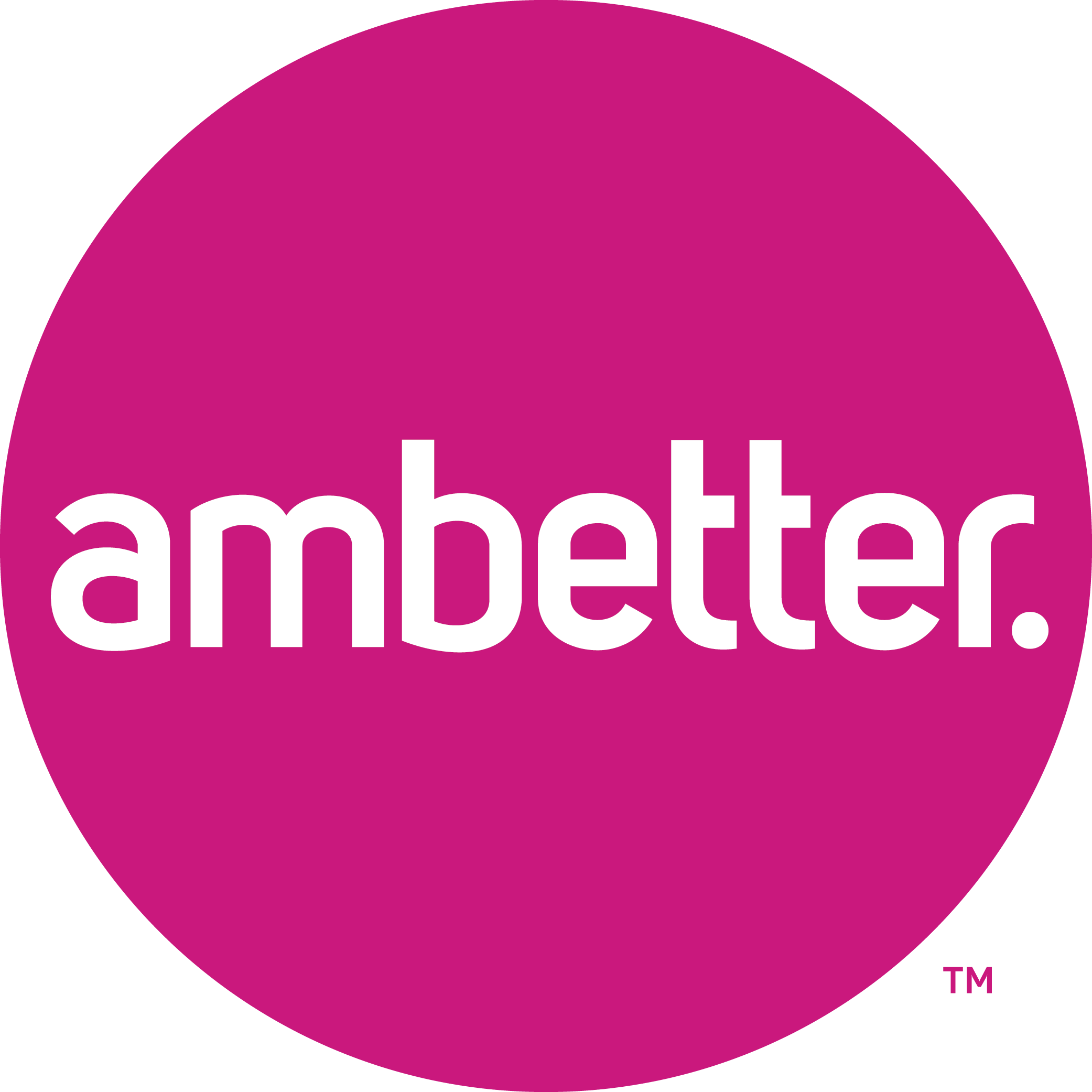Available at:
Telehealth co-occurring disorders treatment stands at the forefront of modern healthcare, offering a comprehensive and accessible approach to addressing the connection between mental illness and substance use disorders. This treatment approach goes beyond geographical boundaries, providing individuals with a platform to receive specialized care from the comfort of their homes. With a strong foundation in evidence-based practices, our Banyan telehealth treatment program integrates medical expertise, therapeutic interventions, and technological advancements to deliver tailored and holistic virtual dual diagnosis treatments that aim to enhance individuals' well-being and pave the way for long-term recovery.
What Is a Co-Occurring Disorder?
Also referred to as a dual diagnosis, a co-occurring disorder includes the combination of two or more substance use and mental health disorders. People with substance use disorders are at high risk for developing one or more primary conditions or chronic diseases, such as mental illness. The co-occurrence of mental illness and addiction is common.
In fact, individuals with mental health disorders are more likely to experience a substance use disorder than those not affected by mental illness. According to SAMHSA, approximately 9.2 million adults in the United States have a co-occurring disorder.
Types of mental health disorders that commonly co-occur with addiction include:
- Anxiety and mood disorders
- Attention deficit hyperactivity disorder
- Bipolar disorder
- Conduct disorders
- Major depressive disorder
- Post-traumatic stress disorder
- Schizophrenia
Additionally, individuals undergoing mental health treatment are often addicted to the following types of substances:
- Alcohol
- Hallucinogens
- Marijuana
- Opioids
- Prescription drugs
- Stimulants
- Tobacco
The complex interaction between substance abuse and mental health often leads to a mutually reinforcing cycle, where the symptoms of one disorder worsen those of the other. As shown above, co-occurring disorders can encompass a wide range of conditions, such as depression, anxiety, bipolar disorder, schizophrenia, and post-traumatic stress disorder, paired with substance use or addiction to substances like alcohol, drugs, or prescription medications. Due to the various aspects of these connected disorders, specialized treatment approaches that address both the addiction and mental health components comprehensively are required to achieve holistic recovery and improved overall well-being for individuals seeking help.
Virtual Dual Diagnosis Treatment
Dual-diagnosis treatment centers are hard to come by, as this form of treatment is often offered at a residential level of care. Telehealth treatment, in general, is a specialized form of remote healthcare that offers comprehensive services to clients that they can access in the comfort of their homes. This approach utilizes digital technology to facilitate assessments, interventions, therapy sessions, and support.
Our healthcare professionals utilize the following services in our dual diagnosis online meetings:
- Individual Counseling
- Group Counseling
- Family Therapy
- Disorder-Specific Counseling
- Medication Management
- At-Home Assignments (“Homework”)
- & More
Through secure virtual platforms, licensed healthcare professionals like addiction specialists, psychiatrists, psychologists, and counselors administer evidence-based treatments tailored to the client’s needs. Our telehealth co-occurring disorders treatment is an innovative and accessible approach to addressing the complex needs of individuals with both mental health and substance use disorders. This form of care uses digital platforms and telecommunications technology to provide thorough care remotely, allowing our clients to engage in therapy, assessments, and consultations no matter where they are.
Our telehealth dual diagnosis treatment center encompasses a range of therapeutic modalities, including cognitive-behavioral therapy, motivational interviewing, psychoeducation, and medication management, all conducted securely and confidentially. This approach not only eliminates long commutes and disruptions from busy schedules but also offers a flexible and patient-centered way to address the unique challenges posed by co-occurring disorders while upholding the standards of medical professionalism.
Finding Virtual Dual Diagnosis Treatment Near Me
Our telehealth addiction treatment and mental health services are offered by numerous Banyan rehab locations, including those located in Florida, Pennsylvania, Delaware, Illinois, California, Mississippi, Alabama, and Alaska. Whether you live in these states or wish to travel for care, our rehab family is happy to offer you support.
Contact Banyan Treatment Centers today for more information about our telehealth substance abuse treatment and mental health services.
Source:
- Substance Abuse and Mental Health Services Administration (SAMHSA) - 2021 National Survey of Drug Use and Health
Related Reading:
Related Reading:
Other Treatment Options
Most Insurance Plans Accepted
At Banyan Treatment Center our goal is to make sure that anyone who needs treatment from drug and alcohol addiction are able to get the help needed to assist them on the road to recovery. If you don't have insurance contact us to inquire about alternate methods regarding treatment for yourself or a loved one.

































